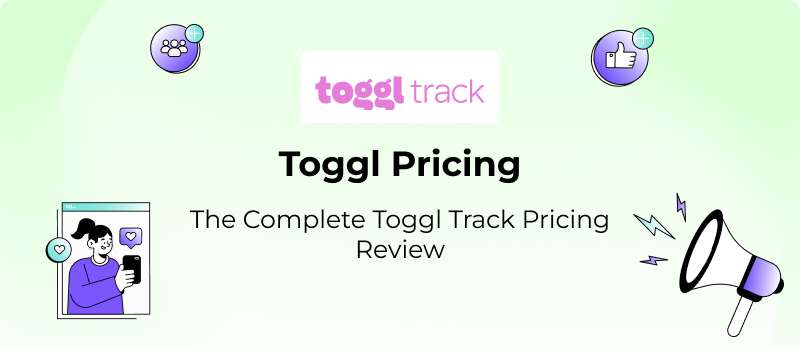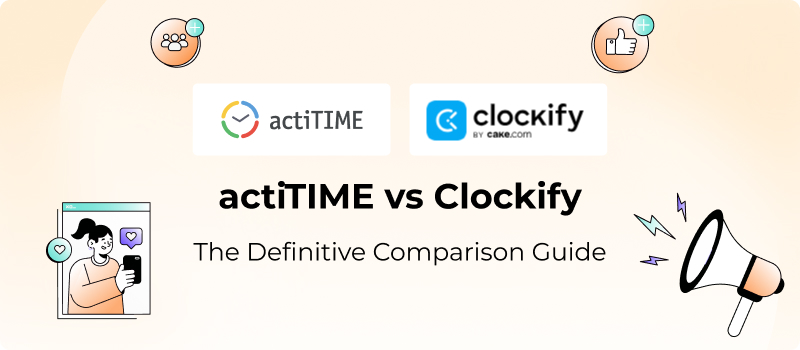
Knowledge is one of the primary assets that every company has – it offers many competitive advantages and enables you to build a more effective approach to work. Therefore, it’s vital to draw on the obtained knowledge when managing a business. And in addition to that, it’s vital to apply it in the context of project management as well.
So, let’s explore what project knowledge management is about, how to implement it in your practice and which advantages it provides.
What Is Project Knowledge Management?
Project knowledge management is all about acquiring, preserving, and sharing information throughout the course of project realization. This information includes your team’s experiences, organizational values, expert opinions, performance data, etc. You need to collect this info in a systematic way, analyze it to arrive at meaningful conclusions, and teach employees how to realize the obtained knowledge in practice.
Key Elements of Project Knowledge Management
Adopting knowledge management involves three major elements – process, people, and tools:
- Stakeholders involved in work on the project are key contributors to project knowledge and they play a vital role in testing and implementing it in practice.
- Knowledge management systems and frameworks allow you to spread and accumulate knowledge in a well-organized way.
- Such technologies and tools like data archives and Wikis help to store your info safely, automate the process of knowledge management, and boost work efficiency.
Project Knowledge Management: Main Benefits
1. Improved decision-making
A well-established knowledge management system and a culture of knowledge sharing are your keys to collecting essential project data and expertise. They allow you to learn from mistakes, take advantage of business and team strengths, and make more informed business decisions to step up your game.
2. Better risk management
Project managers can use knowledge from past projects and historical data to prepare and anticipate future risks, deal with emergencies and uncertainties, and achieve a more thoughtful, experienced level of project management.
3. Higher employee productivity
Knowledge management tools can help you create and maintain a big knowledge database to make sure that every team member is on the same page and that all codes and policies regarding a process are transparent. In this way, besides boosting better teamwork, they will also improve employee efficiency and productivity.
How to Use Knowledge Management in Your Projects
1. Focus on communication
In today’s corporate world, it takes more than employing standard project management procedures for a project to be successfully completed. All project contributors need to be able to communicate among themselves, continually share individual knowledge, and let others know what they are working on at the moment. In other words, improved efficiency depends on individuals nurturing an atmosphere of knowledge sharing.
For that reason, project managers need to find ways to encourage collaboration and communication among team members. One strategy to achieve this is to assign employees from different departments to work on a project together. Another option is rotating jobs so that employees bring with them knowledge from other departments.
2. Take risks into account
Refine your risk management systems and mitigation plans, prepare some templates and standard procedures for project managers and other responsible employees to use to evaluate new projects and make certain the company has all the necessary resources in place to help project teams deal with uncertainties.
3. Transfer knowledge across your projects
A valuable practice learned while working on one project can make a huge difference in your other projects as well. Hence, it’s handy to ensure your knowledge is transferable.
The process of knowledge transfer is quite complex and numerous challenges can arise along the way, but having a knowledge management system in place will certainly make things a lot easier. Having a centralized knowledge management system will captivate all your resources, saving the company tons of time that would be lost on rebuilding them, while at the same time simplifying the learning curve for new employees.
4. Use the right tools
Project managers can use informal and formal methods to encourage workers to collect and share their knowledge. Since formal methods like seminars, official training, and boardroom meetings often seem daunting or even intimidating, you may encourage discussions via social media to break the ice among senior and new staff members.
The most common methods of knowledge sharing in relation to project management include knowledge base access via dedicated tools, workshops, self-paced or trainer-led courses, work-related practical learning, and peer-to-peer interactions. Besides, you may apply project management software to keep an accurate record of team performance and collect essential work evidence for future project planning and estimation.
5. Encourage individual learning and knowledge sharing
In every project, the human element in decision-making supplements and complements the knowledge that project managers gain from knowledge management systems. This means that regardless of how good the knowledge management system is, the project managers will need to meet up and share insights and learning.
One of the best methods to deal with uncertainties is to make sure that other project managers are “kept in the loop” when it comes to knowledge sharing. Even the best project managers could benefit from learning about the successes and mistakes of other project managers so that they emulate the successes and avoid repeating the mistakes.
When you’re closing a project out, remember to store important documents related to the project, such as work breakdown structure (WBS), project charter, communication plan, change control documents, schedule, issues and risk log, etc. All these could serve as bases for templates for future projects. A post-project review is a great way to capture information for the knowledge base.
Final Thoughts
Knowledge is being increasingly valued as an asset crucial for sustaining a competitive advantage. Knowledge management provides an efficient way to capture knowledge and information from projects, transfer the data, and apply it to future projects. Project management, on the other hand, largely focuses on valuable information, and it requires proficient project managers who have the right knowledge whenever and wherever they need it.
Applying knowledge management methods to project management practices can lead to improved communication and decision-making, continuous improvement in project performance, enhanced employee efficiency, better project integration, and reduced risks.

















































